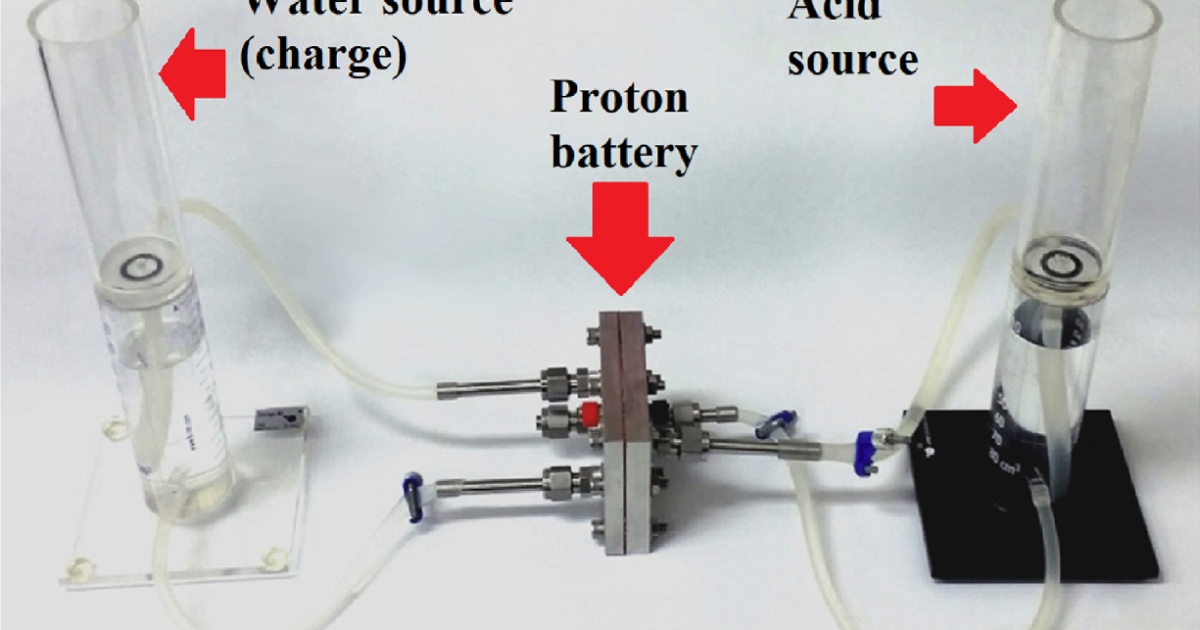edit I am an idiot, who uploaded the image link as the URL. The original source should now be accessible
RMIT engineers say they’ve tripled the energy density of cheap, rechargeable, recyclable proton flow batteries, which can now challenge commercially available lithium-ion batteries for capacity with a specific energy density of 245 Wh/kg.



Does this exist as a consumer product yet?
This is a research paper, so it’s gonna be at least a couple of years until ot could be seen in products. However the battery uses hydrogen, it’s effectively an alternative to fuel cells, so the use case would be in vehicles rather than yout phone. That being said, hydrogen fuel infrastructure is almost non-existent right now.
No, and No.
You want to read the article linked above.
We don’t do that here
Others downvote you and say “read the article”, but not giving arguments.
I read the article and it is not clear what is the advantage… looks like less pressure is needed than other types of hidrogen cells, but there are no details.
I agree with you, don’t hold your breath for this. All details would be in first sentence if there was any chance of this becoming reality.
The advantages are, every part of the device can be easily recycled, and the parts to make the charge-holding portion of the battery are less damaging to acquire than in li-ion
The battery uses dark matter, it’s effectively an alternative to nuclear fusion, so the use case would be in space stations rather than yout phazer set to stun.
From what the article said, most definitely not. But, it doesn’t look very complex in terms of scaling / manufcaturing it and they say they want to get it to market quickly.